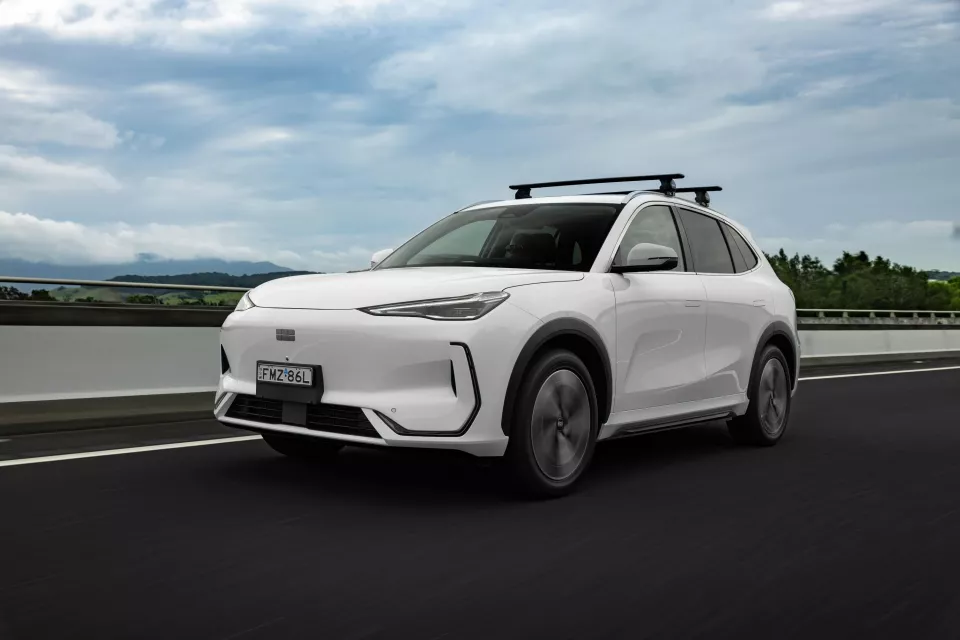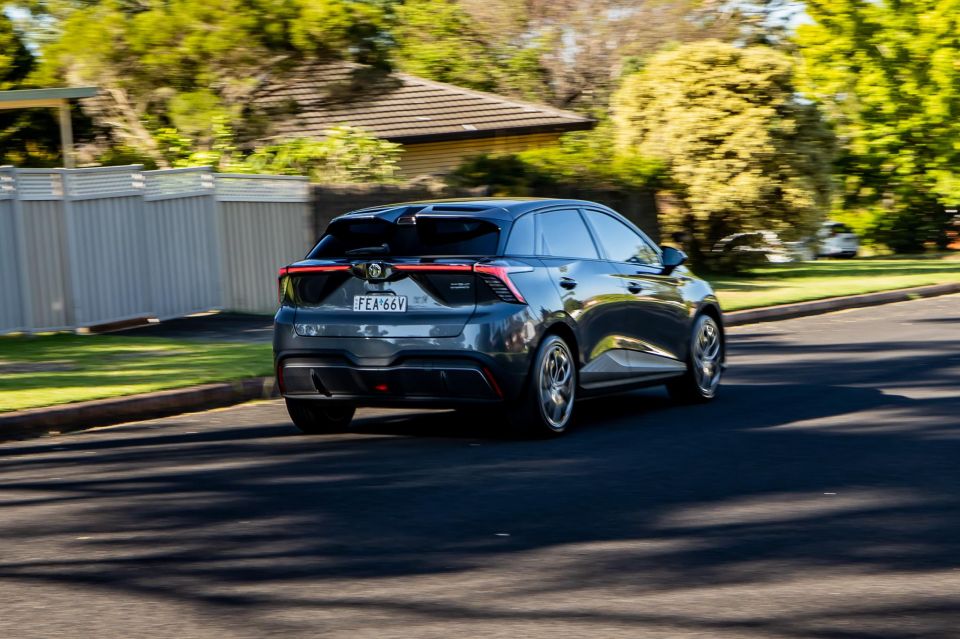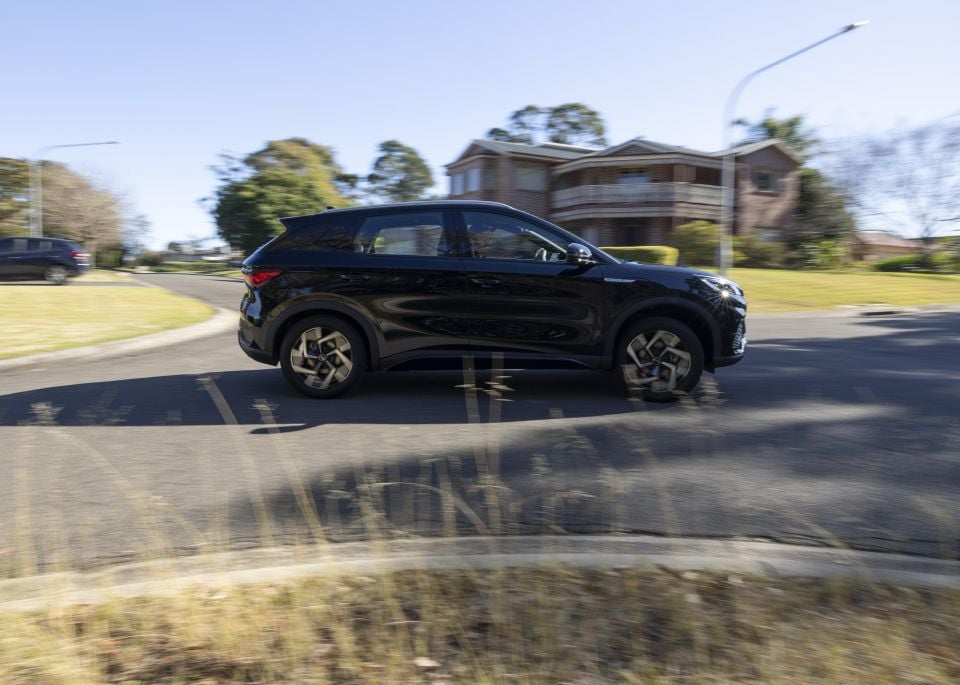The Australian Authorities has confirmed it’s working with states and territories to introduce a highway person cost that may have an effect on house owners of electrical automobiles (EVs).
Federal Treasurer Jim Chalmers has launched a joint assertion alongside the treasurers of Australia’s states and territories, offering a tough define of what a highway person cost must entail.
“The speedy growth of electrical car know-how is reworking the outlook for each passenger and freight transport, and insurance policies in any respect ranges of presidency might want to evolve to grab the alternatives and handle the challenges of this new outlook,” reads the joint assertion.
“Reforms to highway person charging preparations for electrical automobiles have the potential to bolster productiveness by means of extra environment friendly use of the highway community and car fleet and guarantee honest and sustainable funding for highway funding and upkeep. Reforms ought to be designed to not deter the continued take‑up of electrical automobiles.
CarExpert can prevent 1000’s on a brand new automotive. Click on right here to get an ideal deal.
“The reforms to the remedy of electrical automobiles will guarantee extra equitable remedy throughout car varieties and supply certainty to assist funding.
“The design of reforms ought to be so simple as attainable and minimise administration and compliance burden.
“We are going to guarantee any adjustments are phased to allow the productiveness, local weather and shopper advantages of accelerating electrical car uptake over the approaching years.”
In a separate launch, Mr Chalmers mentioned the Australian Authorities will work with the states and territories and “take the time to get the coverage growth proper”.

The joint assertion doesn’t seem to counsel the governments want to change the levies imposed on house owners of combustion-powered automobiles, and due to this fact falls in need of what the likes of the Australian Electrical Car Affiliation are calling for.
“A common, mass × distance highway person cost, launched at a low fee, would really serve the position gasoline excise is meant to play: a user-pays system proportional to influence. EV drivers don’t have an issue with it – we simply need an equitable scheme which doesn’t discourage EV uptake,” mentioned AEVA president Dr Chris Jones in a press release, arguing that by taking mass under consideration, it’ll prioritise smaller and lighter automobiles no matter propulsion kind.
However the place some have steered a highway person cost might exchange the gasoline excise – just like what New Zealand is planning on doing – Dr Jones argues it ought to keep.
“An EV and a diesel car of equivalent weight and annual mileage ought to pay the identical sum to be used of the roads. However the diesel car ought to pay one thing additional for the noise, dangerous air pollution, and greenhouse gasoline emissions,” he mentioned.
“Thankfully, gasoline excise captures that completely already.”

In distinction, Australian Automotive Vendor Affiliation (AADA), the height physique for automotive sellers in Australia, has beforehand referred to as for an “equitable nationwide road-user charging system… [which] doesn’t discourage the uptake of hybrids and EVs” and is completed in a “technology-neutral method throughout all automobiles no matter powertrain selection”.
The gasoline excise is a flat gross sales tax levied by the Australian Authorities on petrol and diesel bought at petrol stations. It’s at present 51.6c for each litre of gasoline bought, and is frequently adjusted in step with inflation.
Complete income from this excise is anticipated to say no as extra environment friendly automobiles plus EVs develop in reputation in Australia.
At the moment, income collected through the excise goes into the Australian Authorities’s basic income, earlier than a lot of it’s doled out for highway development and upkeep tasks.

That’s exactly why Victoria launched a highway person cost in 2021, to assist deal with an anticipated future shortfall in gasoline excise income.
State-based highway person prices had been struck down by a Excessive Courtroom ruling in 2023, when the Courtroom discovered that underneath part 90 of the Structure, solely the Commonwealth can impose customs and excise duties.
This compelled Victoria to shutter its scheme and refund all prices to house owners of EVs and plug-in hybrids (PHEVs).
Victoria collected $3.9 million in EV and PHEV highway person prices through the 2022/23 monetary yr alone.
The New South Wales and Western Australian state governments beforehand additionally pledged to roll out related taxes round 2027, whereas South Australia promised to do the identical however reversed course following a change in authorities.
MORE: Australian Authorities pushes EV road-user cost to high of tax reforms to-do listing

